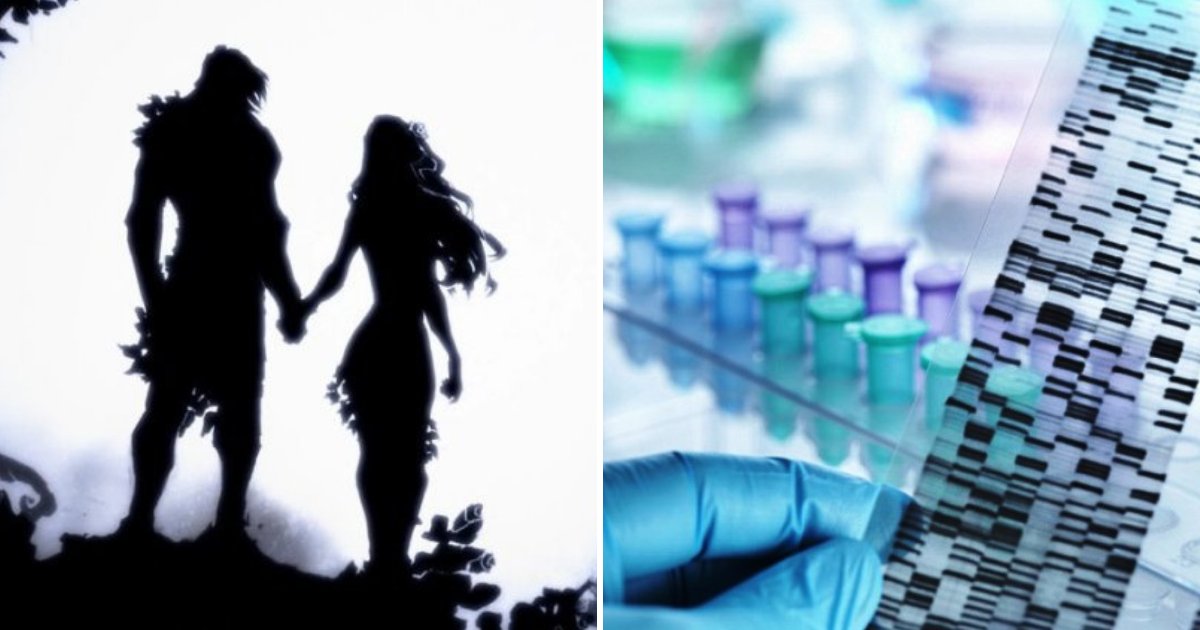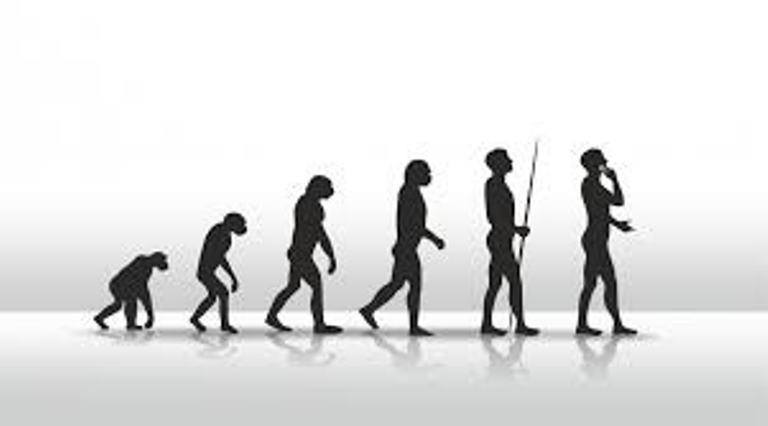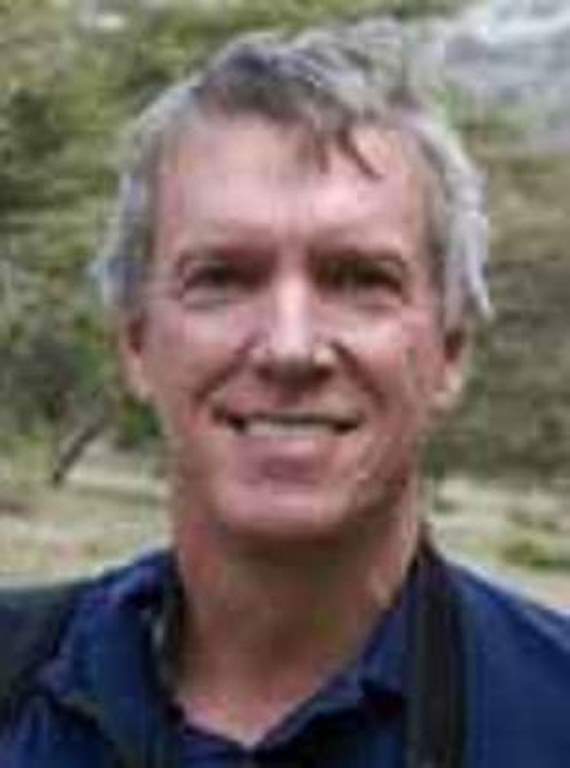Scientists claim that all modern humans descended from only two people who lived 100,000 to 200,000 years ago.
Researchers surveyed the genetic ‘barcodes’ of 5 million animals and humans from 100,000 different species. They discovered that we sprang from a solitary pair of adults after a catastrophic event almost wiped out all humans.
The snippets of DNA or barcodes that reside outside the nuclei of living cells suggest that it is not only humans who sprang from a single pair of beings. Scientists found that 9 out of every 10 animal species also came from a solitary pair.
Senior Research Associate Mark Stoeckle and Research Associate David Thaler, the scientists who led the study, concluded that 90 percent of all animal species today come from parents that all started giving birth at around the same time (less than 250,000 years ago), making the patterns of human evolution thrown into doubt.
“This conclusion is very surprising,” Thaler expressed, “and I fought against it as hard as I could.”
The report from scientists at the Rockefeller University along those from the University of Basel published their findings in Human Evolution.
Stoeckle and Thaler mined ‘big data’ insights from the world’s fast-growing genetic databases. They also reviewed a large literature in evolutionary theory.
“At a time when humans place so much emphasis on individual and group differences, maybe we should spend more time on the ways in which we resemble one another and the rest of the animal kingdom,” Dr. Stoeckle said.
The results throw up the mystery as to why the need for human life to start again was needed such a short time ago since the last known extinction people know of was during the dinosaur era 65 million years ago.
The conclusions open up the possibility of an inbuilt human evolutionary process wherein people break down and die out, leaving the need to start all over again from scratch.
Humans are also similar to not only every other human but also every other species.
“If a Martian landed on Earth and met a flock of pigeons and a crowd of humans, one would not seem more diverse than the other according to the basic measure of mitochondrial DNA,” Jesse Ausubel, Director of the Program for the Human Environment, said.
Dr. Stoeckle added: “Culture, life experience and other things can make people very different but in terms of basic biology, we’re like the birds.”
The mitochondrial DNA examined in the study is that which mothers pass down to generation and it revealed the ‘absence of human exceptionalism.’
Stoeckle added: “One might have thought that, due to their high population numbers and wide geographic distribution, humans might have led to greater genetic diversity than other animal species.
“At least for mitochondrial DNA, humans turn out to be low to average in genetic diversity.”
Thaler and Stoeckle’s findings suggest that our species has to revamp more frequently than we thought, and humans do so in unison with other animals.
What are your thoughts on this matter? Let us know in the comments section. SHARE this with your family and friends!








